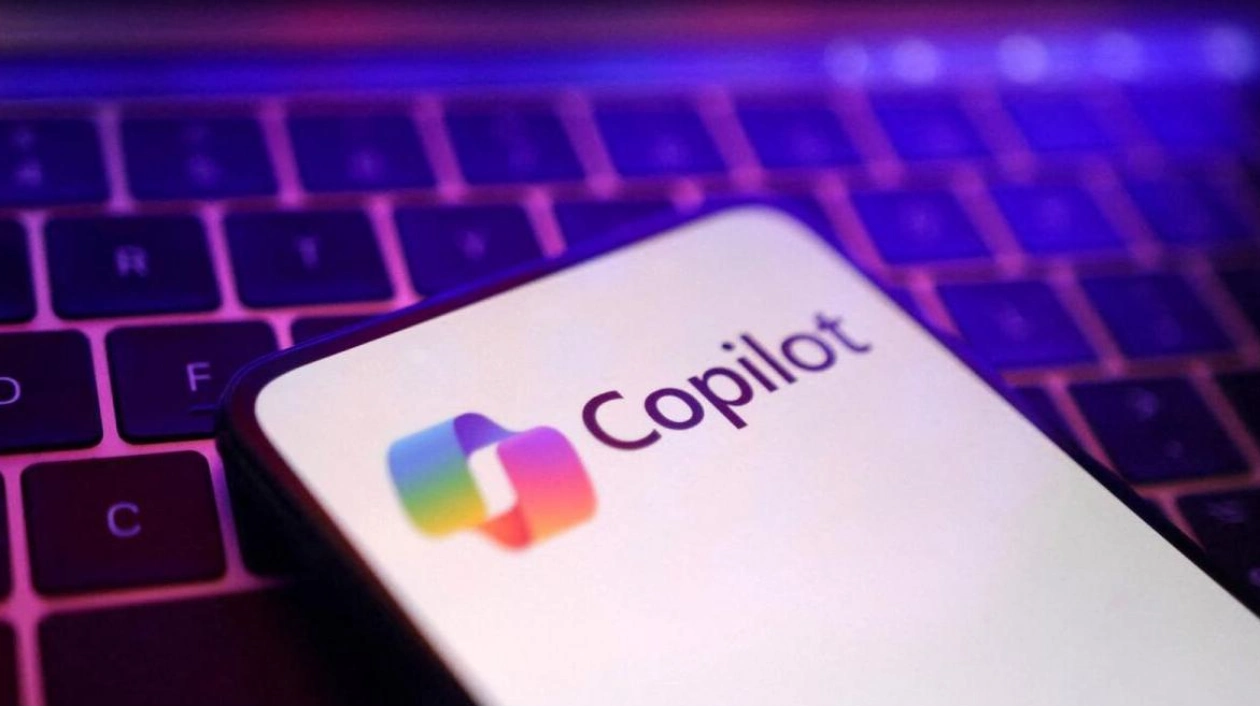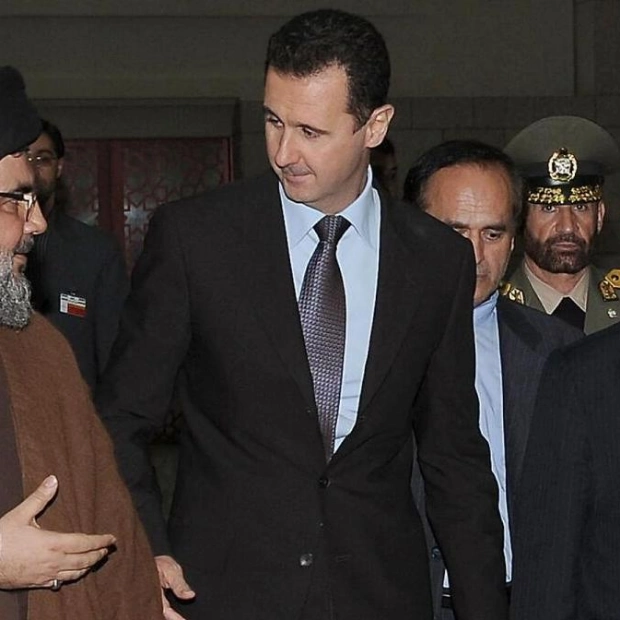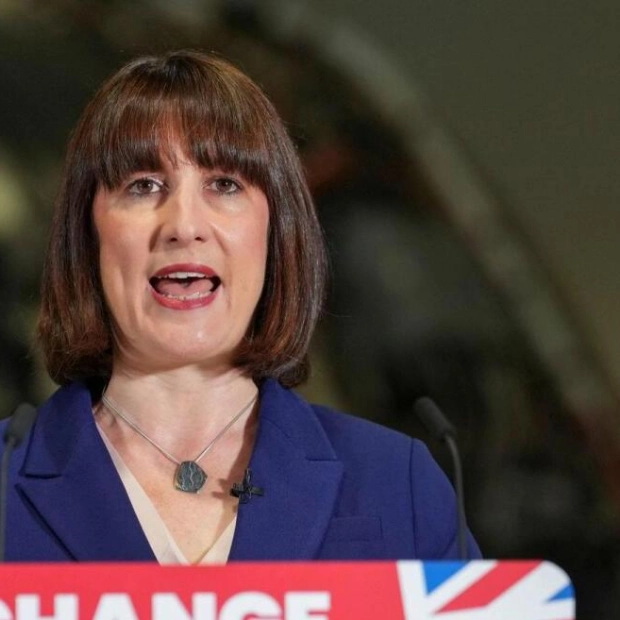Generative AI tools promise to save companies significant time and money, according to Vik Singh, a Microsoft vice-president. However, these models need to improve in acknowledging their limitations. "The current gap is that the model doesn't signal when it needs assistance," Singh explained in an interview with AFP. Since last year, companies like Microsoft and Google have been actively implementing generative AI applications such as ChatGPT, which create content on demand, giving users an impression of all-knowingness. Despite advancements, these tools still sometimes provide incorrect or fabricated responses, a critical issue for Singh as his clients cannot tolerate occasional errors in their AI systems.
Marc Benioff, CEO of Salesforce, recently expressed his customers' growing dissatisfaction with Microsoft's Copilot. Singh emphasized that efforts are underway to enhance chatbots to recognize when they lack the correct answer and seek help. He believes that even a more modest AI, which requires human intervention in half of the cases, could still lead to substantial cost savings. For instance, at a Microsoft client, each new query handled by a customer service representative costs $8, highlighting potential savings and improved customer experience through faster responses.
Singh joined Microsoft in January and became the head of teams developing Copilot, Microsoft's AI assistant focused on sales, accounting, and online services. These applications aim to generate revenue and validate the significant investments in generative AI. Amid the AI boom, startups promised advanced systems that would elevate humanity, as described by Sam Altman of OpenAI, primarily funded by Microsoft. Currently, the technology primarily enhances productivity, with hopes of boosting profits.
Microsoft reports that Copilot assists salespeople with research, allowing them more time to engage with customers. For example, telecom company Lumen saves approximately $50 million annually through this approach, according to Singh. His teams are focused on integrating Copilot into Microsoft's software and making it more autonomous. Singh illustrated this with an example of a sales representative receiving a follow-up reminder or an automated email on their behalf, approved by the model. AI is expected to eliminate mundane tasks before addressing global challenges like climate change.
Singh views the current phase of AI development as just the beginning, with many benefits focused on productivity. The question remains whether these productivity enhancements will lead to job losses. Some industry leaders predict that generative AI could virtually eliminate call centers. However, Singh, along with many Silicon Valley executives, anticipates technology enhancing human creativity and creating new job opportunities. He cited his experience at Yahoo in 2008, where AI optimization of homepage article selection led to faster content updates and increased demand for new articles, ultimately requiring more editors.






